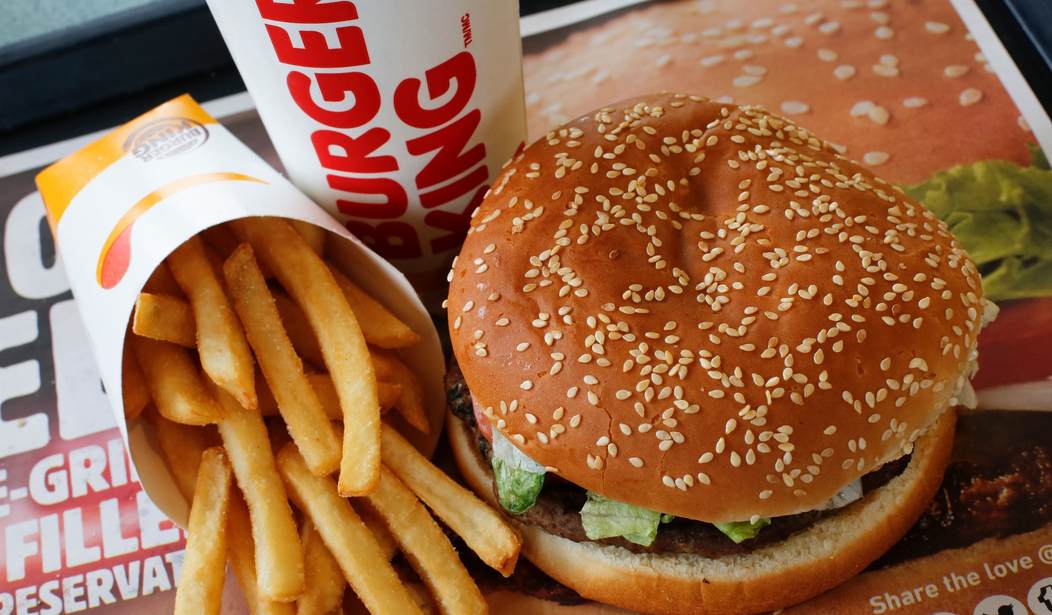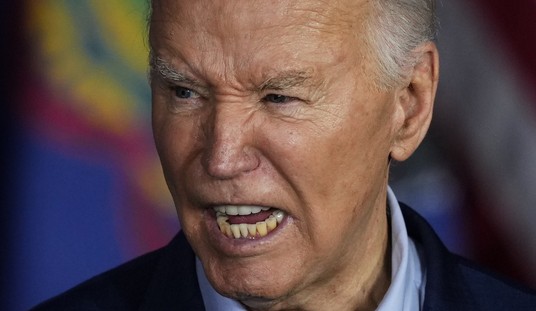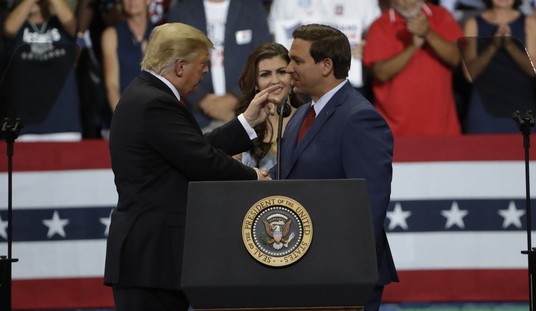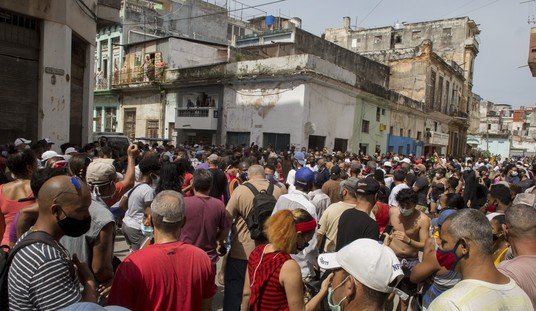With California lawmakers mandating a $20 minimum wage, restaurants only have a couple options. They can raise menu prices or cut staff. So far it appears restaurants are doing a combination of both. CNN reported last week that a major franchise owner was speeding his plans to automate his restaurants in California as a way to cut down of staff costs.
Harsh Ghai, a fast-food franchisee who owns 180 Burger King, Taco Bell and Popeyes locations, says automation is a fact of life for the industry...
Ghai is scrambling to get a hold of as many self service kiosks as he can from vendors because he wants to install them in all of his restaurants in California over the next 30 to 60 days. “Everyone’s trying to get them,” he said...
The changes are necessary, said Ghai, who employs 3,700 fast food workers in California. “The wage increase has significantly raised our labor costs,” Ghai said. “Our first payroll post [wage] hike will be on April 15 and it will be 25% higher than it was last month.”...
“Undoubtedly we will lose some people. There’s no way around it. If we continue to maintain our current menu pricing and absorb higher labor costs, 100% of our restaurants won’t be profitable,” Ghai said. “We can’t raise menu prices because that will hurt traffic and we’ve already seen in the media the backlash from customers having to pay more for burgers because of food price inflation.”
What are the odds that the owner of all of these restaurants would be named Harsh Ghai? But this is the only way he can stay in business and remain profitable.
The NY Post has a report today suggesting a lot of restaurants have already raised prices about 7-8% in response to the wage increase, though McDonalds was an exception.
Wendy’s raised its menu prices by around 8% while Chipotle Mexican Grill hiked its prices by approximately 7.5%, according to a report by Kalinowski Equity Research.
Starbucks, the Seattle-based coffee chain, raised the prices of its menu items at its California locations by around 7%, while Taco Bell hiked its prices 3%, the report found...
McDonald’s appears to be the only fast food chain that has largely held off on raising its menu item prices, according to the report.
Somewhat surprisingly, the LA TImes published a column Saturday pointing out that the wage hike is going to put some struggling restaurants closer to the brink.
Born and raised in Historic Filipinotown, [Justin] Foronda opened HiFi Kitchen in 2019 and kept the doors open during the pandemic’s economic disruptions through pure hustle...
He supports a higher minimum wage and tries to pay his employees generously. But the minimum wage is rising so fast that the increased compensation he planned to offer as a retention strategy quickly becomes the new minimum...
At Paul’s Kitchen in downtown Los Angeles, manager Charlie Ng has reduced the storied diner’s hours to save on labor costs. They’re closed on Tuesdays now, and no longer open for dinner hours. They’re staying afloat thanks to some pandemic-related government aid, but Ng’s not sure what to do after that runs out.
That particular column quotes a UC Berkeley labor economist who says the change will be good because fast food prices were too low. But the San Diego Union-Tribune did a survey of a economic professors, most of whom said the concerns about the wage hike were not overblown:
Q: Is the negative effect of the $20 fast-food minimum wage overblown?...
James Hamilton, UC San Diego
NO: These are temporary jobs for people who need them. A recent survey found 1 in 8 Americans had worked for McDonald’s at some point in their lives. Now fewer of these jobs are going to be available in California. We’ll see some franchises close and fewer new ones get started. Restaurants that stay will automate more jobs and charge higher prices. Chalk 2024 up as another year when California has a higher inflation rate than the rest of the country.
Norm Miller, University of San Diego
NO: For essential (inelastic demand) goods, higher costs simply mean higher prices. For restaurants with discretionary demand, there will be consumer resistance to higher prices. Some will go out of business if prices are raised too high. Some fast-food places will invest in more automation replacing labor. The net result is that some workers in more efficient restaurants and higher demand locations will do better. Others will be let go. For those let go, this is a big deal...
Kelly Cunningham, San Diego Institute for Economic Research
NO: Raising the cost of labor above the value a worker generates for an employer will reduce employment and fall hardest on those having the least skills. When the job is eliminated or never created, the workers’ effective wage becomes $0. Focusing only on certain industries while allowing exemptions for some businesses distorts the labor market and will lead to unintended consequences, compounding expenses, and overwhelming the individual increase of wage rate imposed for some jobs.
I am admittedly cherry-picking here but feel free to click the link to read the minority opinions. It seems to me that California is setting itself up for another self-inflicted wound.







